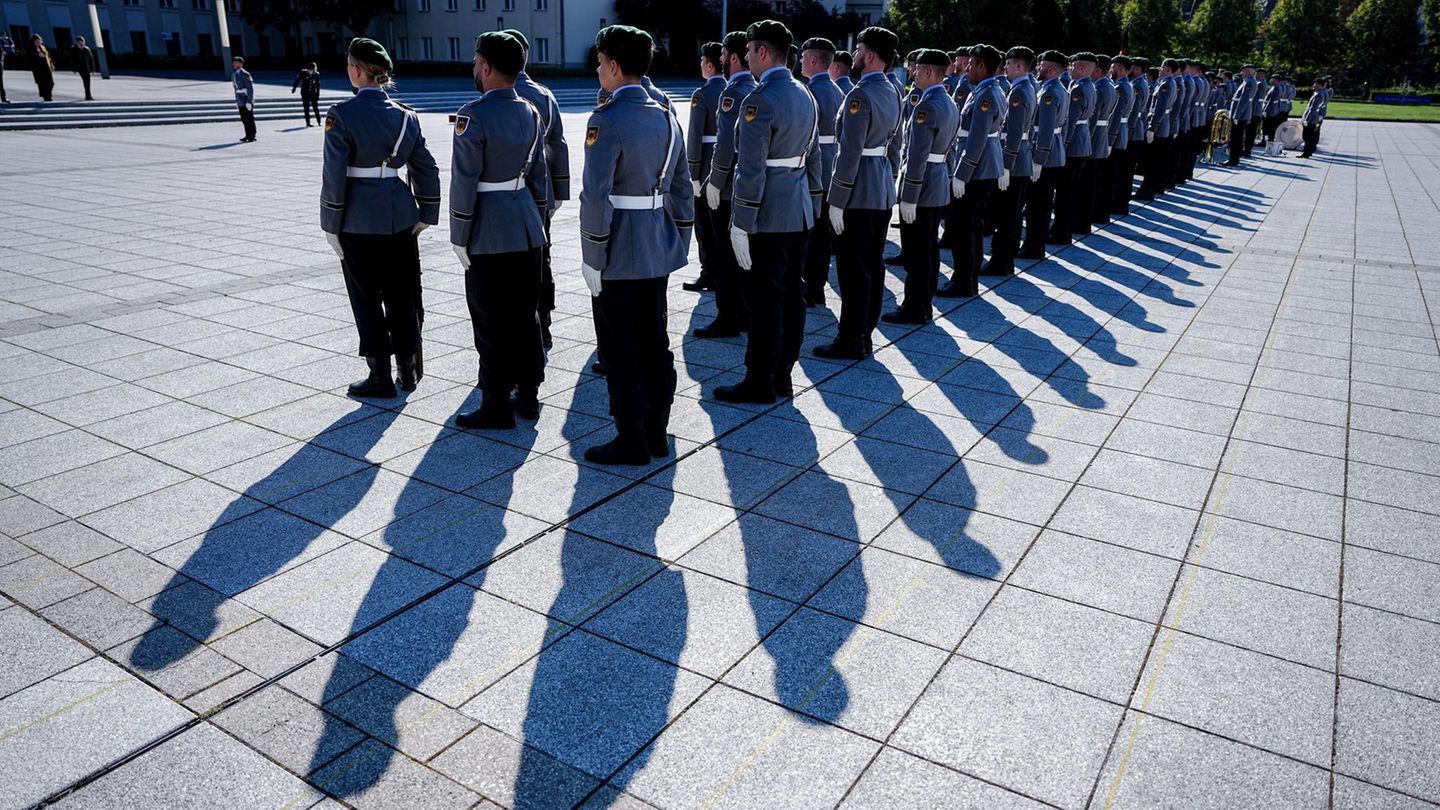Unwanted childlessness can put a heavy strain on the couple’s psyche. “Only 15 to 20 percent are looking for psychosocial support,” said gynecologist and sexologist Miriam Mottl at the pharmacists’ congress in Schladming. However, there are fertility centers in Austria that offer every couple psychosocial support. When dealing with those who may be affected in your own environment, psychologist Martina Fink advises empathy. The couple’s “path of suffering” begins even before they visit the fertility clinic, said Fink, who, like Mottl, works at the Kepler University Hospital in Linz. Each subsequent cycle without the onset of pregnancy “is a farewell to the hope of having a child.”
“I often have the feeling that women believe they are alone with their problem,” said Mottl. When they do talk about it with others, they realize that other people also have fertility disorders. “If I haven’t told anyone, I have to deal with the fact that it didn’t work,” said the gynecologist. She advises, if it doesn’t work out after six months, to choose at least one person who knows about it.
“Every seventh couple is affected,” emphasized Fink. With this one can calculate how often we do not know that it is the case with someone. The sentence “When is it with you so far?” could trigger a lot, warned Mottl. “The desire to have children is a very personal issue. Please do not give any advice,” says clinical psychologist Martina Fink from the Kepler University Hospital.
Source: Nachrichten




